Even in the year in which thousands of tourist reservations from abroad have been cancelled due to the danger of spreading the coronavirus, Bulgaria still remains an attractive destination for young people who come here to gain knowledge in various disciplines in Bulgarian universities. According to data on mobility in higher education in EU countries /Eurostat/, students from 115 countries have studied in Bulgarian universities in 2018. Going back to date from the academic year 2013/2014, we will see that for a period of 5 years there has been a growth of 33%. And while in the past Bulgarian universities were chosen mainly by young people from neighbouring Greece and Turkey and ethnic Bulgarians from the Bulgarian communities abroad, now foreign students here are more diverse. According to a report from the universities, students come to Bulgaria even from exotic destinations such as the Seychelles, Mexico, Cuba, Angola, Kenya, Eritrea and Tajikistan. It was names these young people from distant parts of the world who stayed in Bulgaria throughout 2020 due to the emergency measures that limited travel and imposed tighter border controls.

"I had the biggest difficulties with the language in the beginning," says Sergio Oliveira from Angola. He is studying engineering at the Higher Naval School in Varna and has been in Bulgaria for three years, the first year for studying Bulgarian.
"I was approved by a program in my country to study abroad and that's how I came. I'm studying mechanics, something I really like. Bulgaria is a very nice country, I can learn a lot of new things here. The climate is very different from my homeland, it is very cold here. I spent the time of social isolation in Bulgaria. Although I had the opportunity, it would be difficult to return to Angola and continue my distance learning there. We studied remotely for three months, and the exams were held remotely, I took them all. It was good, but I don't know how it will be this year. The teaching is in Bulgarian, but there are often things I don't understand. Most teachers are very good, they are interested in whether we understand them and if not, they try to explain to us in English, they help us. I will work on ships when I graduate, but most likely in Angola, because there is a need for ship engineers there. The only thing I miss here is my family, so we keep in touch through social networks”.
Kristina Ivanova from Ukraine has a different motivation for her studies in Sofia. She is a descendant of Bessarabian Bulgarians, she came here at the insistence of her mother, but she quickly became convinced that she had made the right decision.
"People in Bulgaria are very good and responsive. Although I have been here for a long time, I am still surprised that people want to help me as a foreigner. When I return to Ukraine, I do not encounter such an attitude. After my first year here, I had decided to stay. I do not intend to go anywhere, as some young Bulgarians do. Bulgaria gives me everything I need to fulfill my potential. At the moment I am changing my field, here I have a wide platform and access to specialists, while in Ukraine it is difficult. There, the system is still closed and education is yet to undergo serious change."
22-year-old Kristina Miteva, a descendant of the Taurian Bulgarians who settled in Ukraine two centuries ago, also had a reason to come to Bulgaria.
"I decided to study here because there is a state program for us, the representatives of the Bulgarian diaspora, which enables us to study at universities in Bulgaria. I feel very good, the country is very nice, it is calm, even in the capital. I graduated in English philology in Plovdiv and now I will study for a master's degree in corporate security in Sofia. The level of teaching here is quite good. I study here because of the level of English, in Bulgaria more people speak the language, while in Ukraine there are very few. I study and work at the same time, it seems to be mandatory nowadays, but I don't think it interferes with my studies. We, students of Bulgarian origin, are a little more special, because after a certain stay here, we receive Bulgarian documents and we can start working with them without any problems. I perfected my Bulgarian language after coming here. Otherwise, there are many weekend schools in Ukraine that prepare future students on a voluntary basis. The level of teaching Bulgarian has improved a lot in recent years in Ukraine."
English Rossitsa Petcova
An event dedicated to the Bulgarian oil-bearing rose (rosa Damascena) will take place on September 19 in Ireland, BTA reports. Its organizer is the Embassy of Bulgaria in the country. “We are pleased to invite you to a unique journey of sound..
The sweet temptation "Garash" is a cake whose history is very curious and deserves the attention of both those interested in history and lovers of its undeniable taste qualities. Its creator is the Austro-Hungarian Kosta Garash. It is believed..
For yet another year, lovers of freshly prepared lyutenitsa will be able to try this delicious culinary masterpiece at the traditional festival, where it is the main character - "Kurtovo Konare Fest". A rich musical program, various workshops, a film..
Stara Zagora is hosting the first U.L.I.C.A. – Street Fest, the organisers from the municipal enterprise Art Stage announced. The event will take..
The sweet temptation "Garash" is a cake whose history is very curious and deserves the attention of both those interested in history and lovers of its..
For yet another year, lovers of freshly prepared lyutenitsa will be able to try this delicious culinary masterpiece at the traditional festival, where it..

+359 2 9336 661
